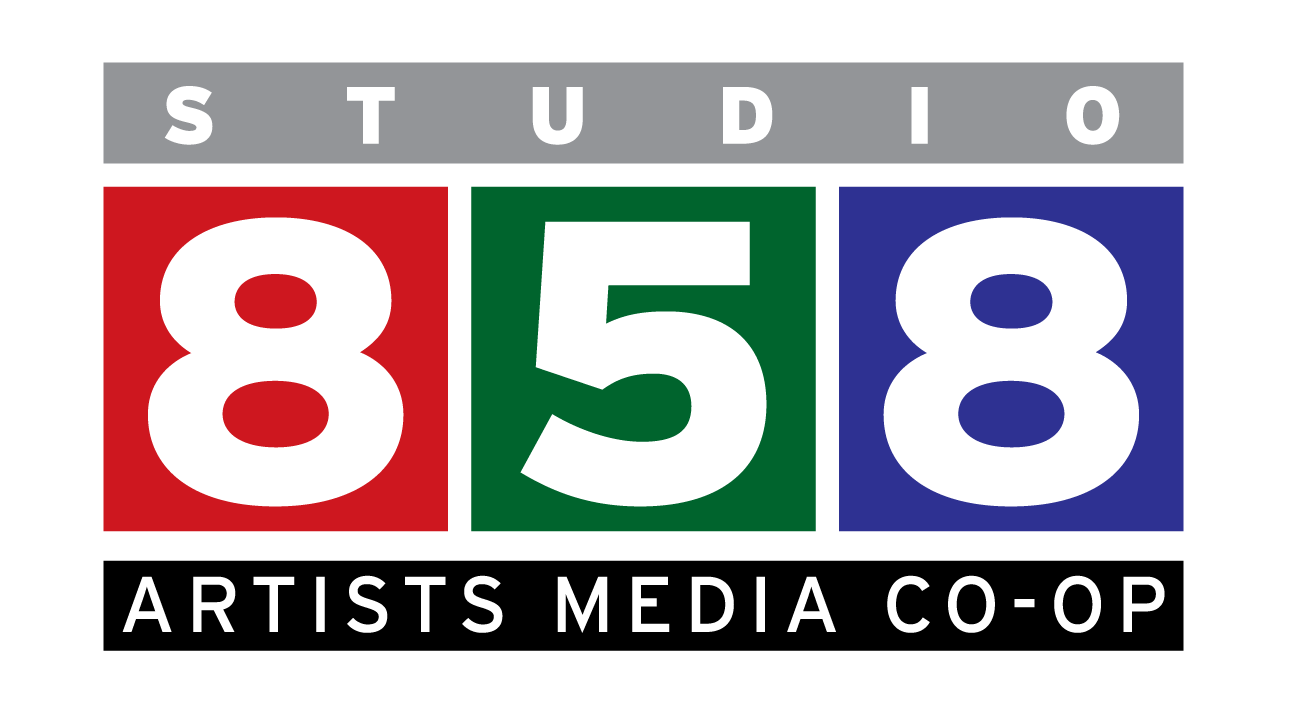Fundamentals of Photography
Yes, indeed, it is true that anyone can be a photographer. It is also true that not just anyone can be a good photographer! Although creativity seems to be an innate characteristic, if you understand the way the following things affect your photographs, it will make you a much better photographer!
ISO
ISO on your camera refers to its sensitivity to light. The lower the number, the less sensitive it is to light, the higher the number the more sensitive it is to light. The ISO control can be used in combination with the aperture and shutter speed to control both the exposure of your image (its brightness) and the look of your image.
Aperture
If you feel you don't know the difference between aperture and a hole in the ground, don't feel bad, since technically a hole the ground is an aperture. Aperture means hole or opening. In the case of your camera, though, it allows you to do cool things with your image, by controlling how much is in focus! A hole in the ground, on the other hand, is just likely to give you a broken leg or neck.
Shutter Speed
The need for speed! We feel it and the camera manufacturers want to provide it! The last of our exposure triumvirate, shutter speed is critical to sharpness in an image, but as the great French street photographer Henri Cartier-Bresson is reputed to have said "Sharpness is a bourgeois construct".
Focus
Sure, it's important to have photos that are in focus (mostly), but focus has a specific purpose in our images; it helps define the image. A narrow area of focus helps guide the viewer's eye to the subject, a wide area of focus opens the photograph to the viewer's imagination. Focus in an important tool in the creative photographer's bag of tricks.
The Lens
Believe it or not, the choice of a lens is very important to the success of your image. Not all lenses are created equal, either in quality or features. The maximum aperture of your lens, whether or not it features stabilization to compensate for your movements, and the angle of view it provides are all considerations you should examine.
Perspective
Yes, what you see depends on where you stand, and while the camera does not lie (unlike human witnesses), it can seem to distort reality a bit. This is why you need to know this stuff! It will determine whether you get in close with a wide angle lens or stand back a bit with a longer focal length.
